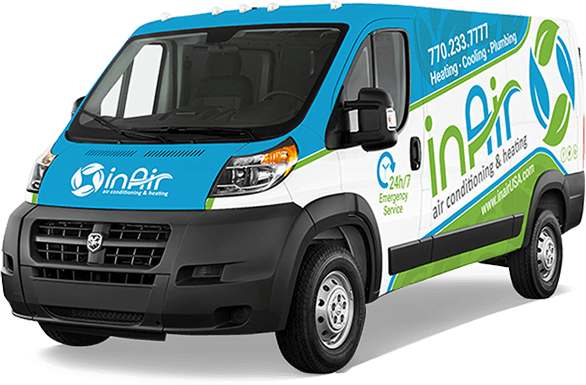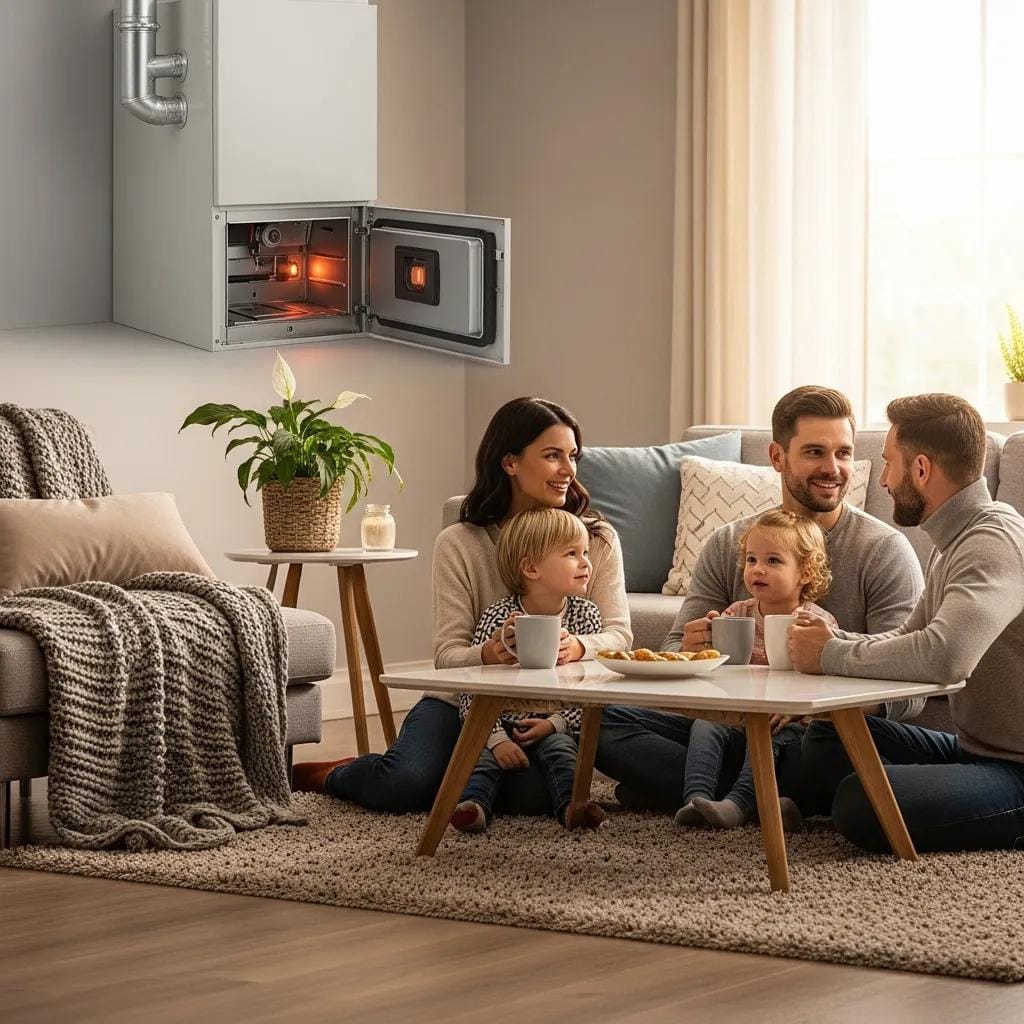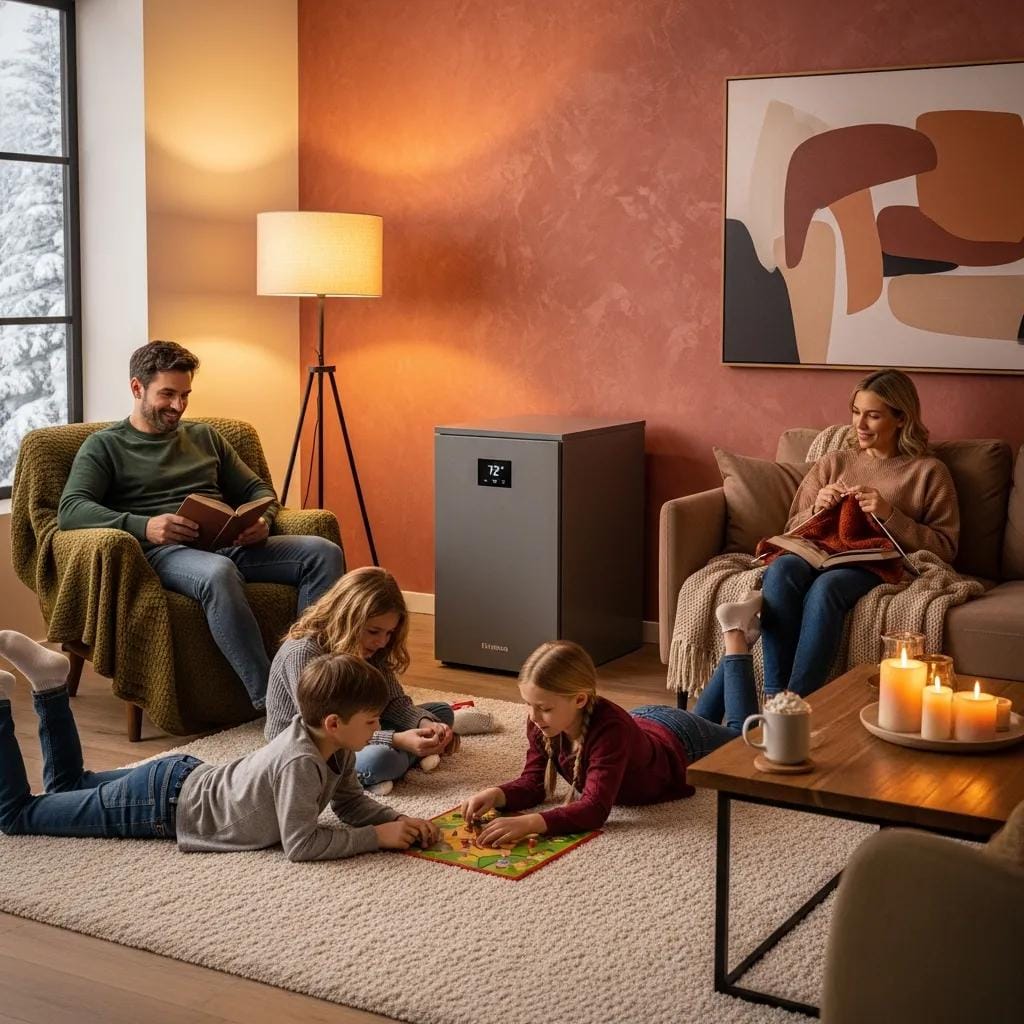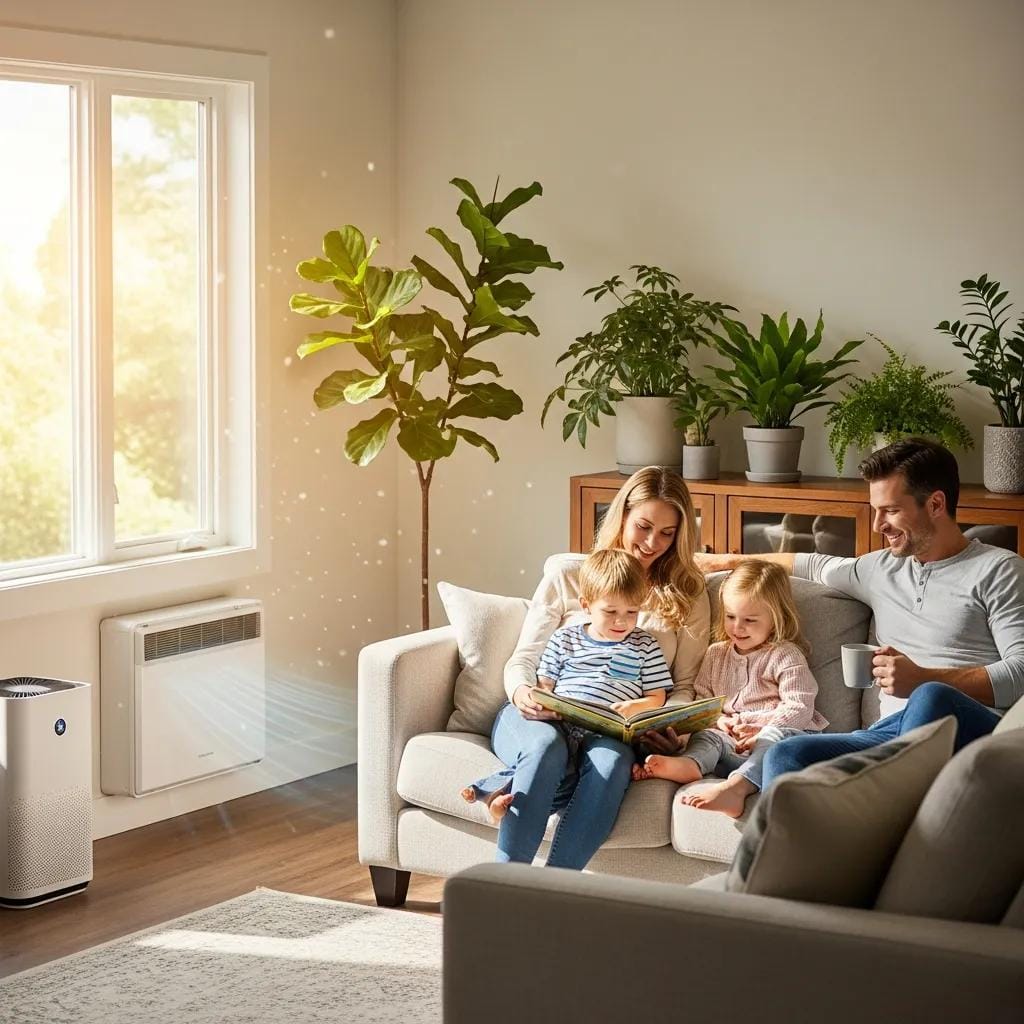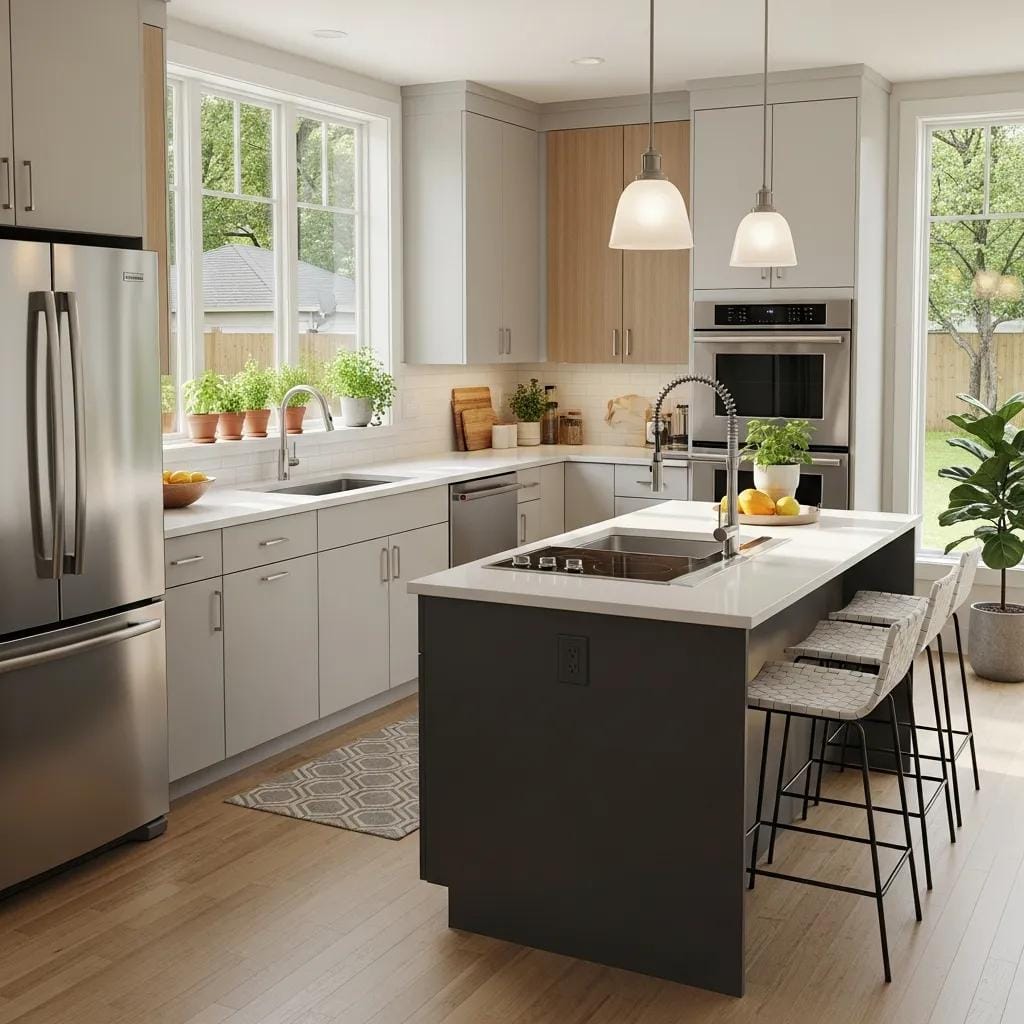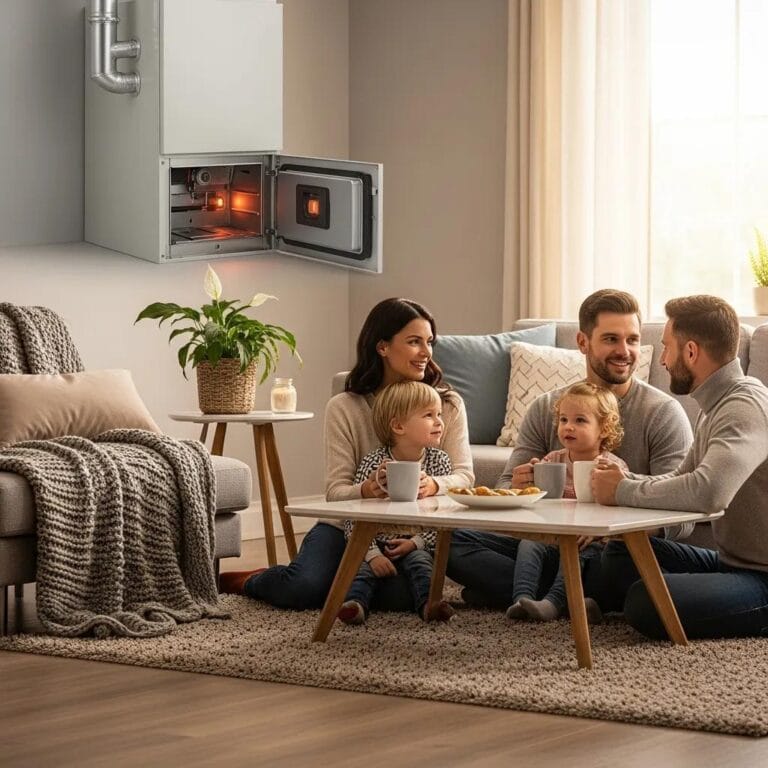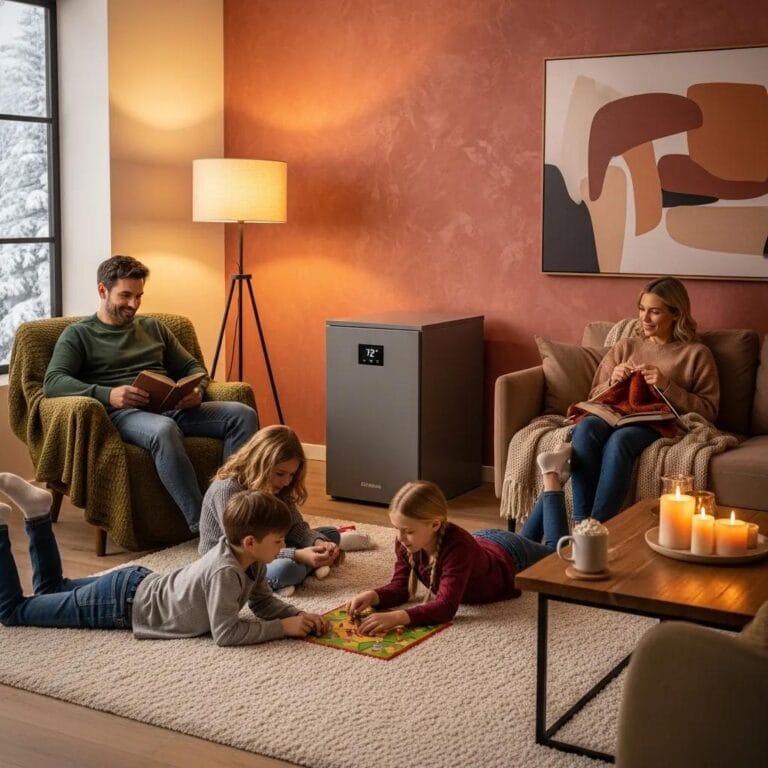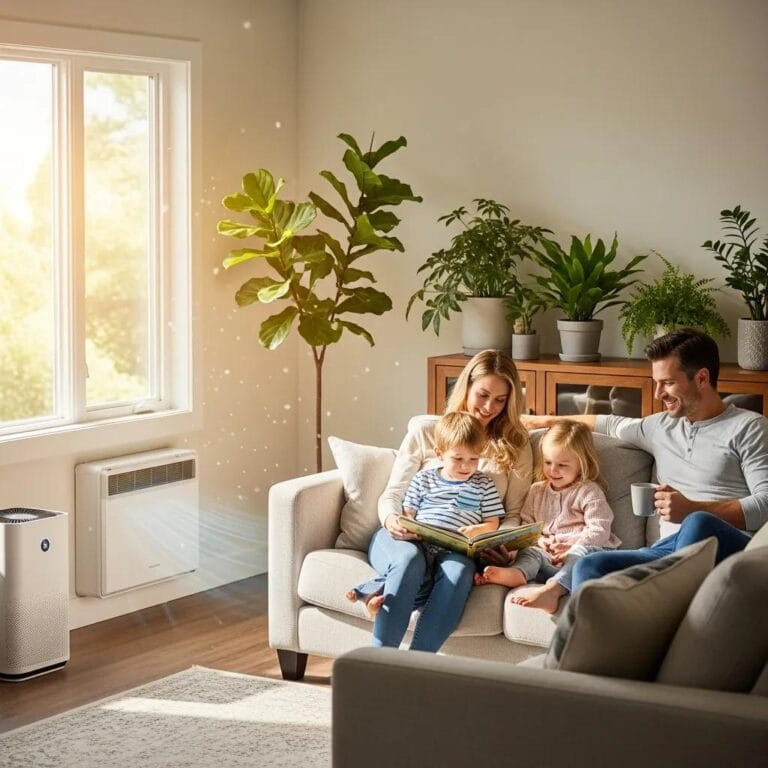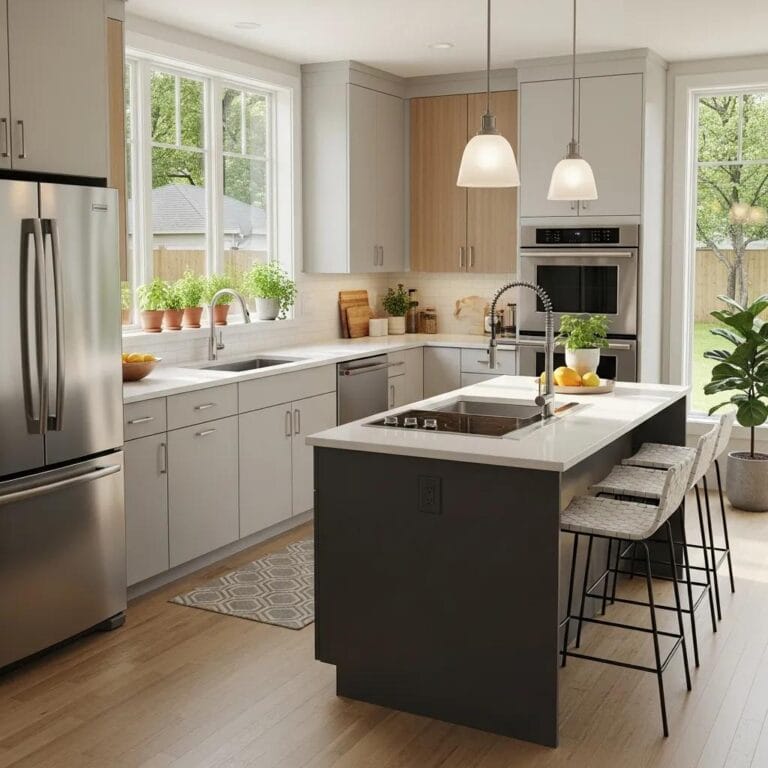In a city like Atlanta, where hot summers and surprisingly chilly winters create high demands on heating and cooling systems, energy-efficient HVAC solutions are essential for maintaining comfort while keeping utility costs in check.
Upgrading to energy efficient HVAC not only enhances the comfort of your home but also provides significant savings on your energy bills, all while reducing your environmental footprint. In this guide, we’ll explore the benefits of energy-efficient HVAC systems, how they work, and why they’re an excellent investment for Atlanta homeowners.
From smart thermostats to advanced air filtration, discover how you can combine comfort and savings by making the switch to more sustainable and eco-friendly HVAC systems tailored to the unique climate of Atlanta.
Discover the Secret to Year-Round Comfort: Energy Efficient HVAC Solutions
Understanding the Importance of Energy Efficiency in HVAC Systems
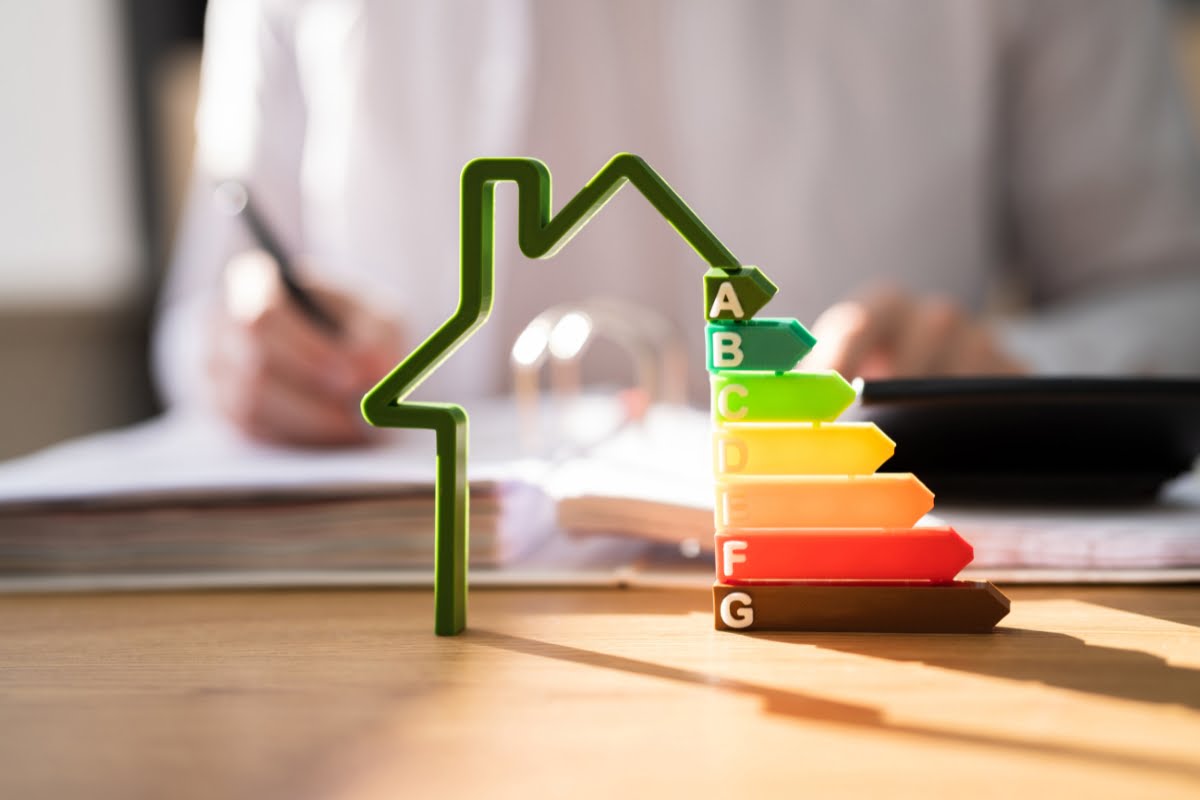
When it comes to HVAC systems, energy efficiency is a crucial factor to consider. An energy-efficient HVAC system not only provides optimal comfort but also helps reduce energy consumption and lower utility bills. In Atlanta, where extreme temperatures are a common occurrence, having an efficient HVAC system is even more important.
An energy-efficient HVAC system utilizes advanced technologies and design principles to minimize energy waste and maximize performance. These systems are designed to provide the desired level of comfort while consuming less electricity or fuel compared to traditional systems. By reducing energy consumption, they not only save homeowners money but also contribute to a greener environment by reducing carbon emissions.
One of the key components of an energy-efficient HVAC system is its ability to regulate temperature effectively. These systems are equipped with advanced sensors and controls that monitor indoor and outdoor conditions, adjusting the heating or cooling output accordingly. This ensures that the system operates at its optimal level without wasting excess energy.
Energy-efficient HVAC systems also focus on air quality. They incorporate features such as air filters and ventilation systems that help remove pollutants from the air, providing cleaner and healthier indoor environments for residents in Atlanta.
The Impact of Atlanta’s Climate on HVAC Requirements
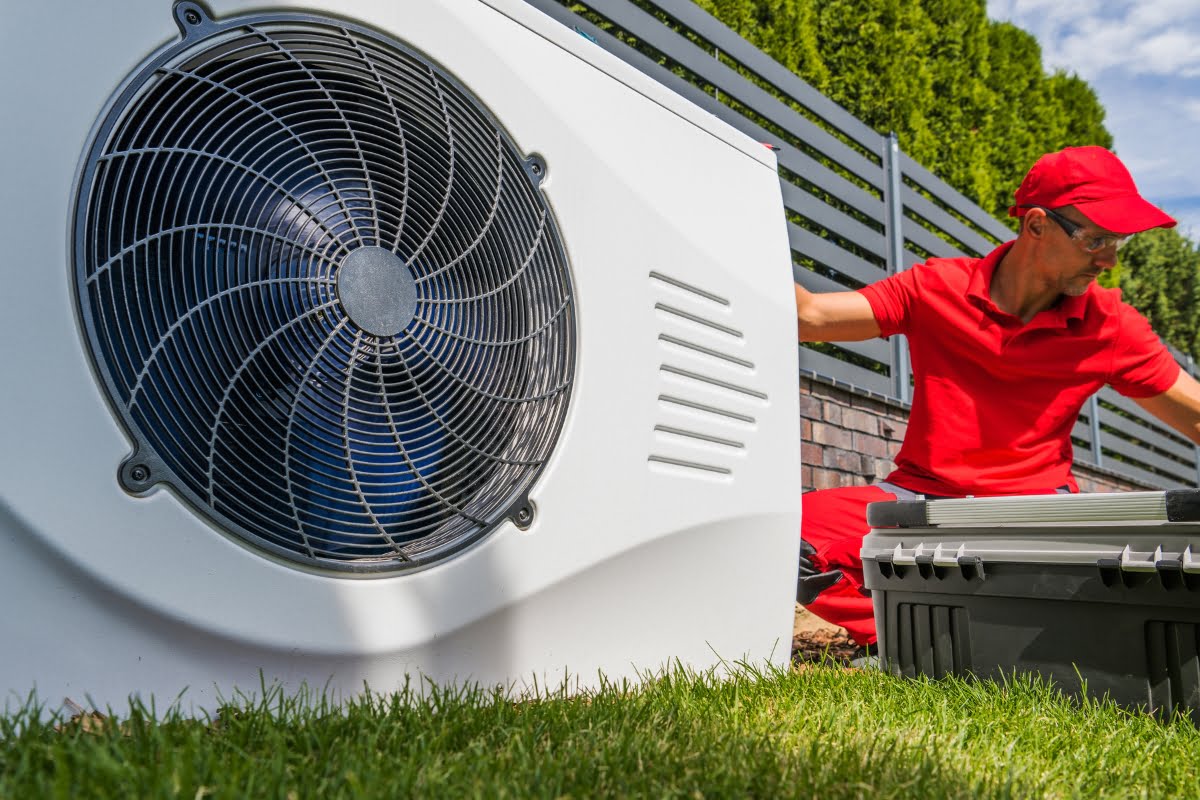
Atlanta’s climate presents unique challenges when it comes to HVAC requirements. The city experiences hot and humid summers, with temperatures often exceeding 90 degrees Fahrenheit. Winters can be relatively mild but occasionally see freezing temperatures as well.
To combat these extreme weather conditions effectively, residents in Atlanta need HVAC systems that can adapt accordingly. Energy-efficient HVAC systems are designed with this in mind. They have the capability to adjust their operations based on seasonal changes, ensuring optimal performance throughout the year.
During hot summer months, these systems can efficiently cool indoor spaces while minimizing energy consumption. They achieve this by utilizing advanced compressor technology and variable speed fans that adjust their output based on the cooling demands. This not only provides comfort but also reduces energy waste.
In winter, when temperatures drop, energy-efficient HVAC systems can efficiently heat homes without consuming excessive amounts of energy. They utilize technologies such as heat pumps and smart thermostats to maintain a comfortable indoor temperature while minimizing energy usage.
Benefits of Energy-Efficient HVAC Systems for Atlanta Residents
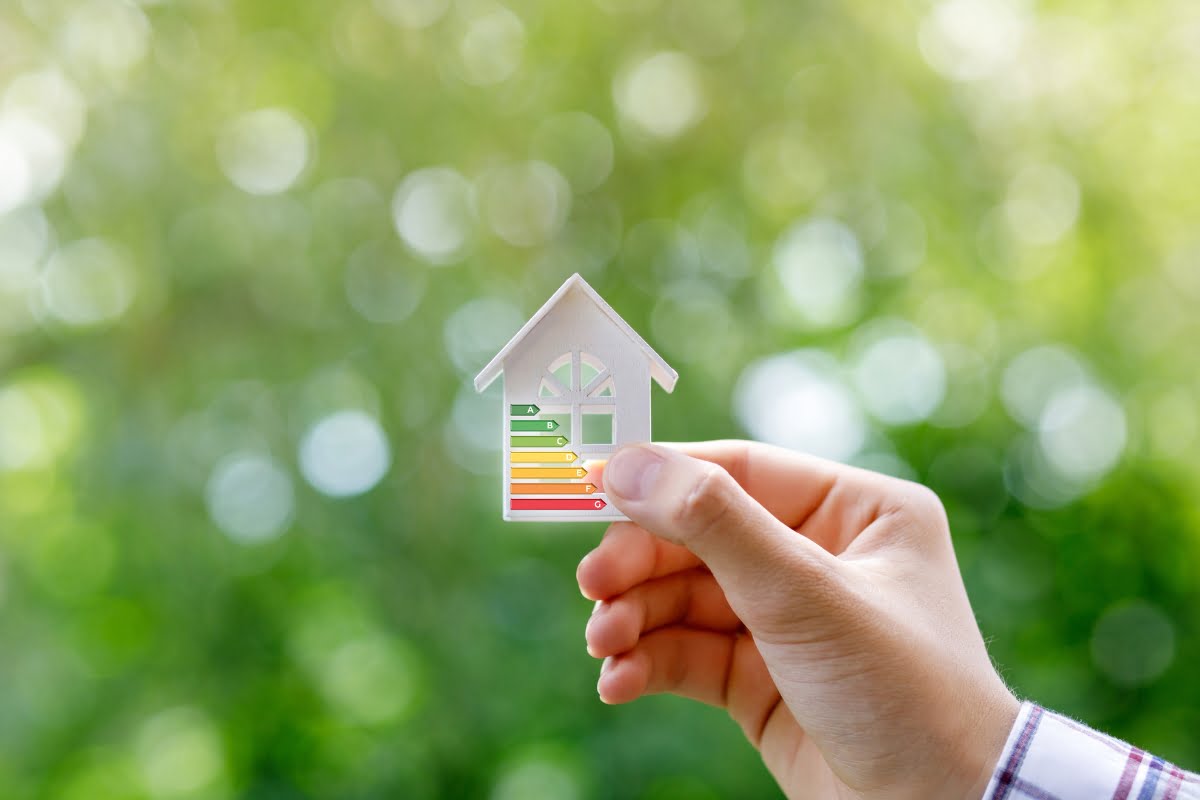
Investing in an energy-efficient HVAC system offers numerous benefits for residents in Atlanta. Let’s explore some of these advantages:
- Lower Utility Bills: Energy-efficient HVAC systems consume less energy, resulting in lower monthly utility bills. With the rising cost of electricity, this can lead to significant savings over time.
- Enhanced Comfort: These systems are designed to provide consistent and precise temperature control, ensuring optimal comfort throughout the year. Whether it’s a scorching summer day or a chilly winter night, you can rely on your energy-efficient HVAC system to keep your home comfortable.
- Reduced Environmental Impact: By consuming less energy, energy-efficient HVAC systems help reduce carbon emissions and minimize their environmental impact. This makes them a greener choice for homeowners who are conscious about their carbon footprint.
- Longer Lifespan: Energy-efficient HVAC systems are built with high-quality components and advanced technologies, making them more durable and reliable compared to traditional systems. This results in a longer lifespan and fewer repair or replacement costs over time.
Exploring Smart Thermostats: Personalized Comfort Control
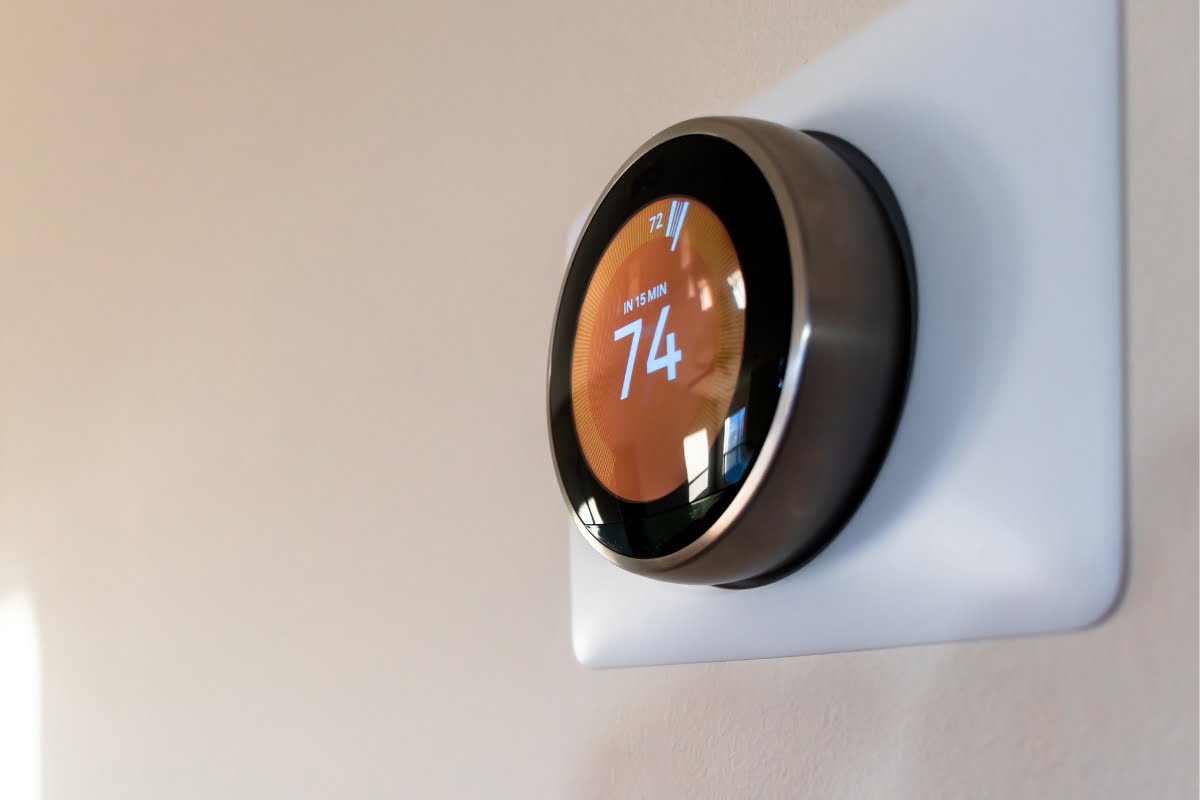
Gone are the days of manually adjusting thermostat settings multiple times a day to achieve the desired comfort level. With the advent of smart thermostats, homeowners in Atlanta can now enjoy personalized comfort control like never before.
Smart thermostats are a key component of energy-efficient HVAC systems. These devices are equipped with advanced sensors and Wi-Fi connectivity, allowing homeowners to control their HVAC system remotely through smartphone apps or voice commands.
One of the standout features of smart thermostats is their ability to learn your preferences and adjust temperature settings accordingly. Over time, these devices analyze your usage patterns and make automatic adjustments to optimize energy efficiency without sacrificing comfort.
For example, if you prefer a cooler temperature during the night for better sleep, a smart thermostat can learn this preference and automatically lower the temperature before bedtime. Similarly, it can adjust the temperature based on your daily routine, ensuring that energy is not wasted when you’re away from home.
Smart thermostats also provide valuable insights into energy usage. They offer detailed reports and analytics that help homeowners track their energy consumption and identify opportunities for further energy savings.
Seasonal Adaptability: How Energy-Efficient HVAC Systems Work in Atlanta
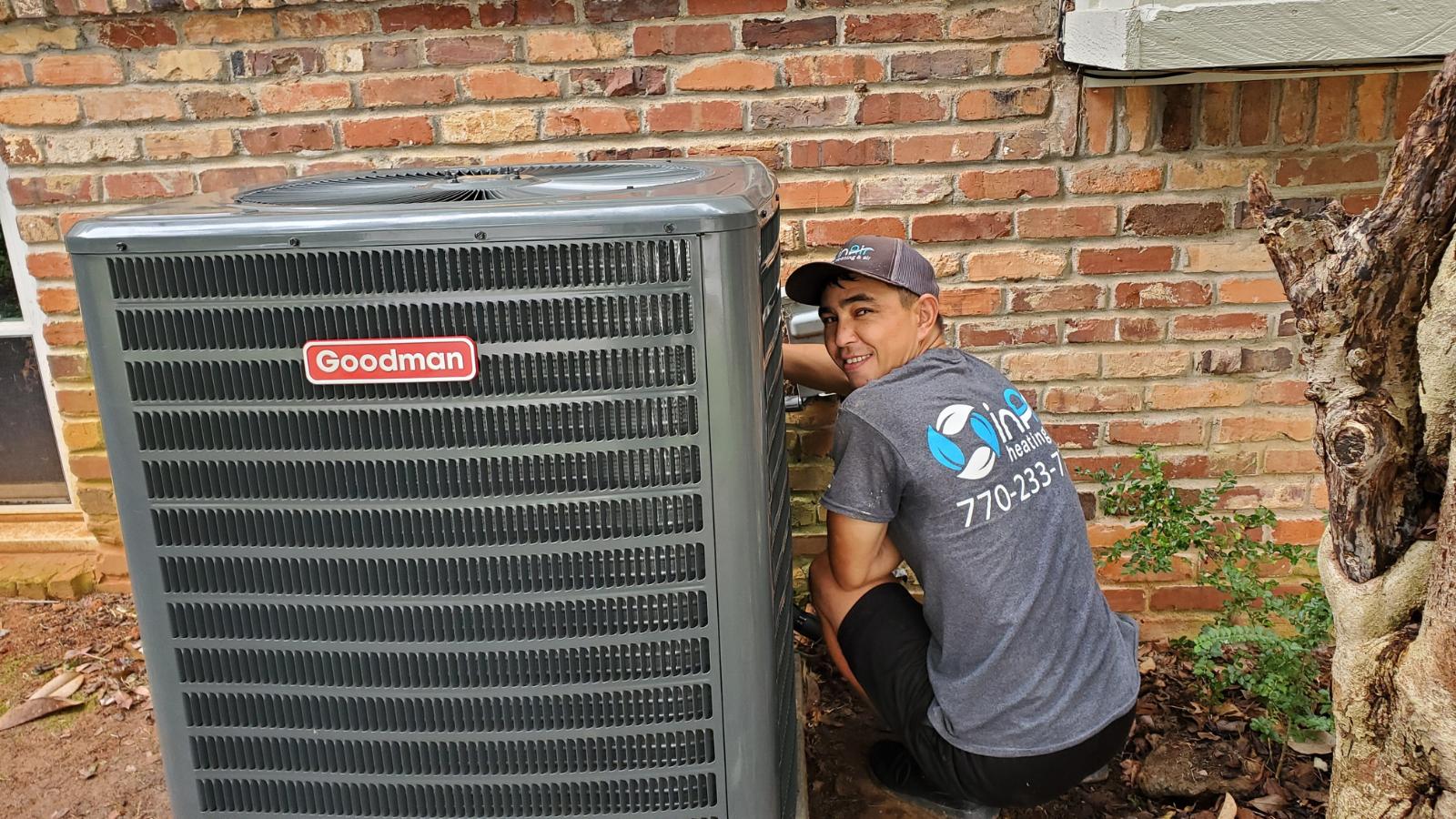
Atlanta’s climate experiences significant seasonal variations, ranging from hot summers to occasional freezing winters. Energy-efficient HVAC systems are designed to adapt seamlessly to these changing conditions, providing optimal performance throughout the year.
During hot summer months, these systems utilize advanced compressor technology and variable speed fans to efficiently cool indoor spaces. By adjusting their output based on cooling demands, they minimize energy consumption while maintaining a comfortable indoor environment.
In winter, when temperatures drop below freezing occasionally, energy-efficient HVAC systems employ heat pumps to efficiently heat homes. Heat pumps extract heat from the outdoor air or ground and transfer it indoors using refrigerant cycles. This process consumes less energy compared to traditional heating methods, resulting in energy savings.
Furthermore, energy-efficient HVAC systems incorporate features such as zoning and programmable thermostats that allow homeowners to customize temperature settings for different areas of their homes. This ensures that energy is not wasted in unoccupied or less frequently used spaces.
Financial Savings: Lowering Utility Bills with Energy-Efficient HVAC

Investing in an energy-efficient HVAC system offers substantial financial benefits, particularly through long-term utility savings. These modern systems are designed to use less energy while maintaining optimal comfort levels, which translates to noticeably lower monthly energy bills.
The potential savings can vary based on factors such as your home’s size, local energy costs, and your HVAC usage patterns. However, studies suggest that homeowners can reduce their heating and cooling expenses by as much as 20-30% by upgrading to an energy-efficient model. This can amount to significant savings over time, making the upfront cost of these systems well worth the investment.
Beyond the immediate reduction in utility bills, many utility companies and government programs provide rebates, tax credits, or incentives for installing energy-efficient systems.
These programs help offset the initial installation costs, making the transition to an energy-efficient HVAC system even more cost-effective. It’s also important to note that efficient systems tend to have longer lifespans and lower maintenance costs, further enhancing their financial value.
Environmental Considerations: Reducing Your Carbon Footprint

Reducing carbon emissions and minimizing environmental impact are becoming increasingly important considerations for homeowners. Energy-efficient HVAC systems play a significant role in achieving these goals by consuming less energy and reducing greenhouse gas emissions.
By upgrading to an energy-efficient HVAC system, you can contribute to a greener environment by reducing your carbon footprint. These systems consume less electricity or fuel compared to traditional systems, resulting in lower carbon emissions from power plants or other sources.
In addition to reducing carbon emissions, energy-efficient HVAC systems also help conserve natural resources. By consuming less energy overall, they reduce the demand for fossil fuels such as coal, oil, and natural gas, which are finite resources.
Furthermore, energy-efficient HVAC systems often incorporate features such as air filters and ventilation systems that help improve indoor air quality. By removing pollutants and allergens from the air, these systems create healthier living environments for residents in Atlanta.
Professional Installation and Maintenance: Ensuring Optimal Performance
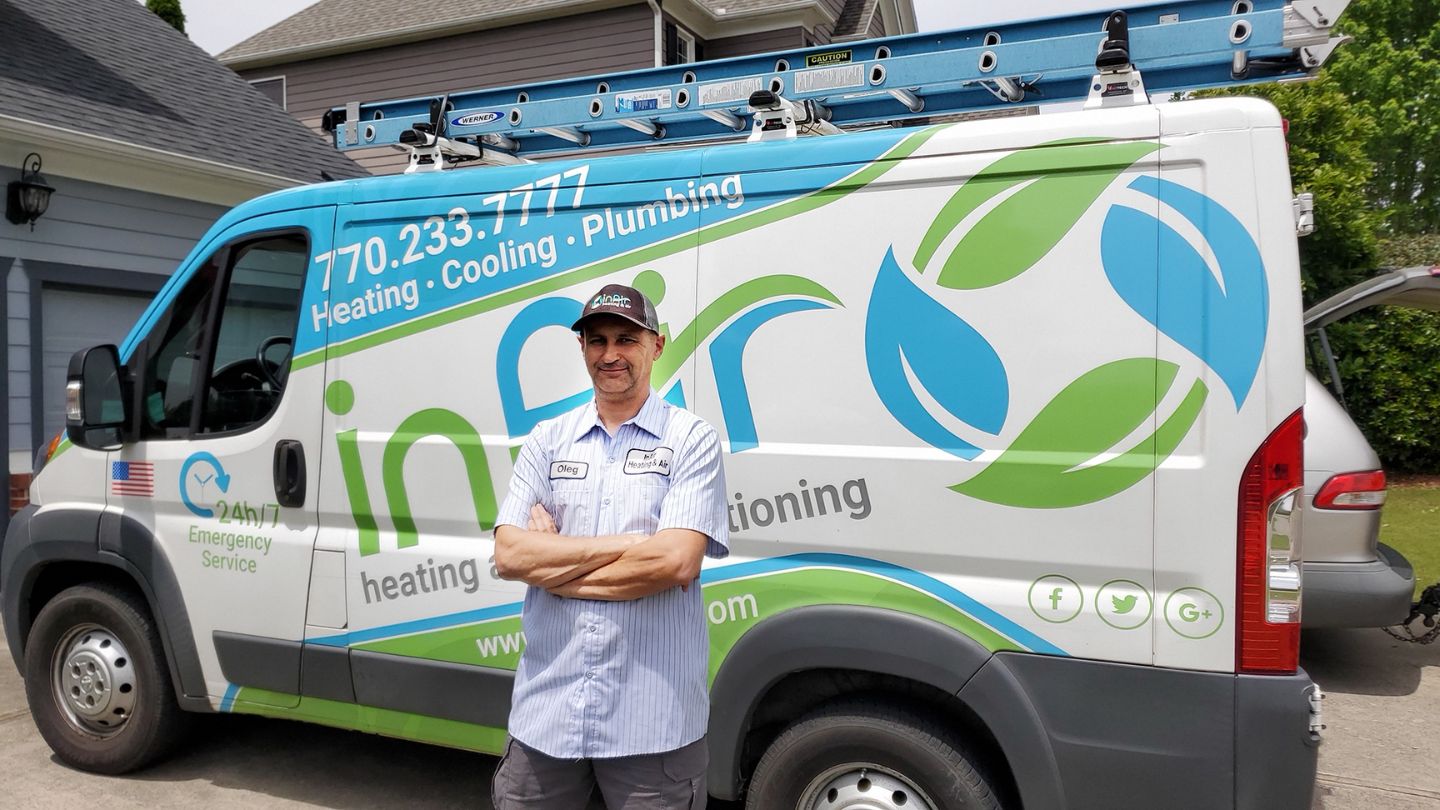
Energy-efficient HVAC systems are a popular choice for homeowners in Atlanta looking to enhance both comfort and savings. Professional HVAC installation and maintenance play pivotal roles in ensuring these systems deliver optimal performance year-round.
When it comes to energy-efficient HVAC systems, the installation process is crucial. A reputable HVAC technician will assess your home’s specific requirements and recommend the most suitable system to maximize energy efficiency. Proper installation of a high performance HVAC not only guarantees seamless operation but also contributes to long-term savings on energy bills.
Regular maintenance is key to keeping your energy-efficient HVAC system running smoothly. Scheduled tune-ups by professionals help identify and address any potential issues before they escalate, ensuring optimal performance and extending the lifespan of your system.
From checking filters and refrigerant levels to inspecting electrical components, professional maintenance safeguards the efficiency of your HVAC system.
By investing in high performance HVAC installation and maintenance for your energy-efficient HVAC system, you can enjoy a comfortable indoor environment while reaping the benefits of reduced energy consumption and lower utility costs. Prioritizing these services is a proactive approach towards maximizing the performance and longevity of your HVAC system.
Conclusion: Enhancing Comfort and Saving Money with Energy-Efficient HVAC in Atlanta
Investing in HVAC energy efficiency is a smart move for homeowners in Atlanta. These systems provide optimal comfort while reducing energy consumption, lowering utility bills, and minimizing environmental impact.
inAir Heating & Air offers expert HVAC services to help you upgrade or maintain your system for maximum efficiency. Call (770) 233 7777 or fill out our website form for an HVAC request and start experiencing comfort with savings today!




